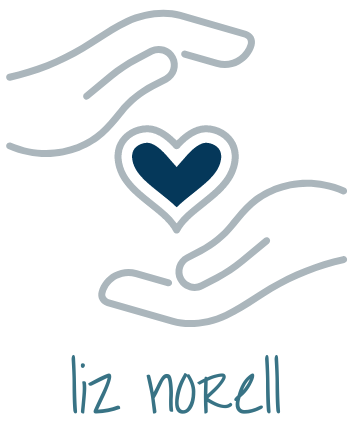I’ve tried to keep things here relatively light and fun, but I watched an episode of “Oprah” tonight that has got me all serious in the head, and now you get to hear (well, *read*) all about it.
Here’s the thing. I’ve really *not* been an emotional person given to crying for most of my life. (My mom may read this and disagree, but until then, we’ll operate on my own assessment of my life thus far.) I mean, significant things happened when I was growing up and I rarely cried about them. Maybe I get all choked up at movies (we’ll talk about that presently), but the really important stuff? Not so much.
Two things in my life have proven to be the exceptions, though. Working backwards, the most recent was 9/11; if I let myself dwell on that day for more than a few fleeting moments, I’ll be here crying all night. And the first genuinely emotional thing I experienced? My grandmother’s struggle with Alzheimer’s.
Oprah had a show with Leeza Gibbons and Maria Shriver talking about their own family struggles with this most wretched disease, and along with several less famous guests, they presented a very compelling and moving portrait of the horrors of Alzheimer’s. If you have been blessed NOT to have experienced it personally, I hate to be pessimistic (we all know it’s not my style), but I can almost guarantee you will someday. Nancy Reagan called it the long goodbye, but it’s really just so much more than that. Supporting someone who has the disease is worse than coping with the aftermath of someone having committed suicide; there’s no choice involved in an Alzheimer’s diagnosis, and you spend anywhere from a few years to a decade or more watching someone you love literally disintegrate before you. The first time they don’t recognize you, it breaks your heart; the first time they realize they didn’t recognize you, it breaks theirs.
I don’t want to get political about the need for funding and research. Ron Reagan (the junior) made a ompelling argument for that in his speech at the Democratic convention in Boston a couple of weeks ago. What I wanted to share in this post is the fact that, more than a decade *after* we said goodbye to my Grandma Avis, all I have to do is think about her for about 45 seconds and I completely lose control. If you haven’t experienced this firsthand, might I recommend picking up a book I saw featured on the show called “Losing My Mind.” It was written by a man shortly after he was diagnosed, and captures (I’m told) his anger, fear and frustration. This disease will touch us all, and unless a cure is found, we’ll be dealing with this for the rest of our lives.
